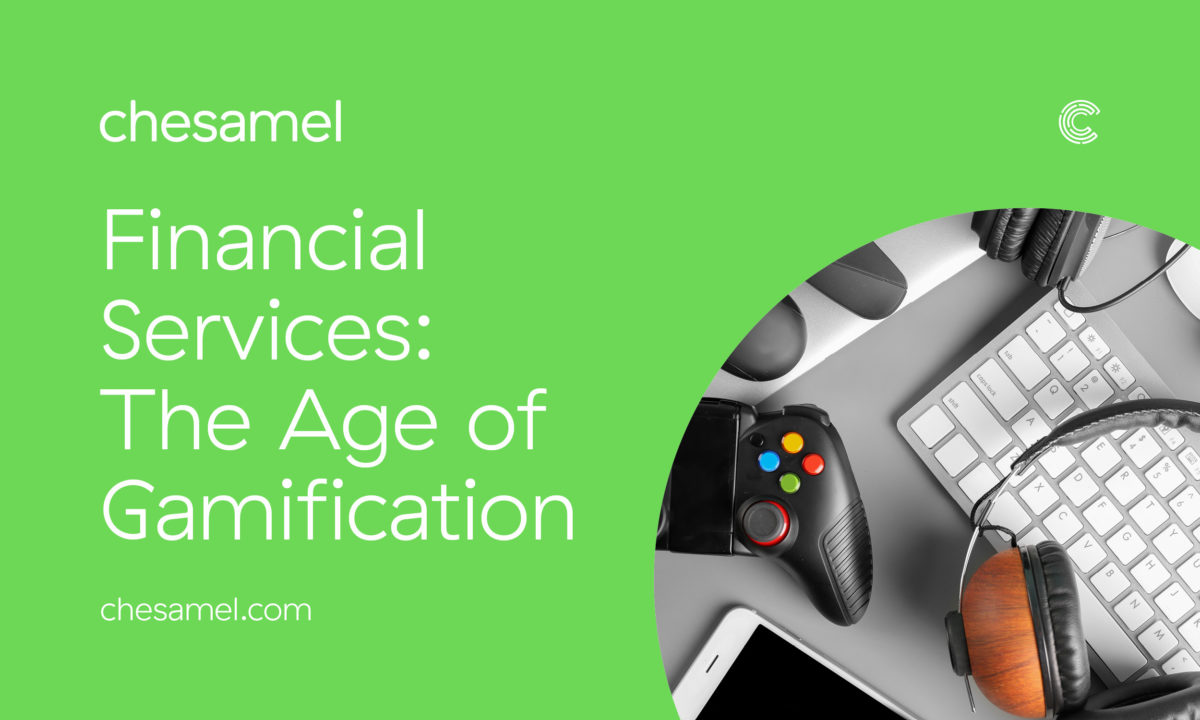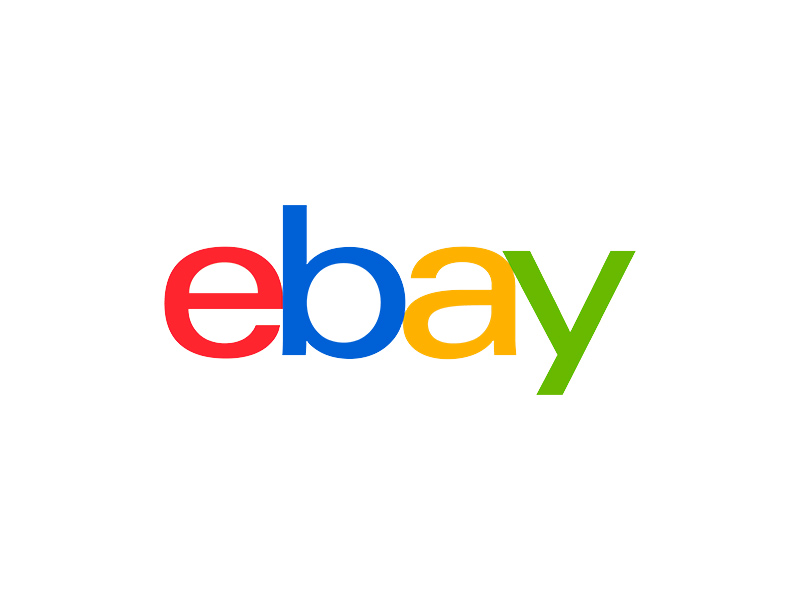
Google’s recent unveiling of its sustainability marketing playbook comes as a pioneering initiative as we swiftly move towards 2024. This playbook, built from a collaborative effort with Drawdown Labs, aims to ingrain and accelerate sustainability into daily marketing operations. At Chesamel, we echo this sentiment, recognising the imperative for marketers to transition towards a consumer-driven sustainability model. This transition isn’t just about meeting market demands, but about steering the narrative towards a sustainable brand ethos.
This blog post aims to explore the shifting consumer behaviour towards sustainability and offer actionable strategies for marketers to align their marketing efforts with both consumer expectations and global sustainability goals.
The Shift in Consumer Behaviour
Consumer behaviour is significantly tilting towards sustainability, a movement fueled by an evolving global consciousness and underlined by notable statistics. For instance, a substantial 78% of consumers now consider sustainability crucial, and 55% are willing to pay a premium for eco-friendly brands. This willingness showcases the high value placed on sustainability by modern consumers.
However, despite this willingness, there remains a gap in sustainable purchasing. A gap between what consumers want to do and what they end up doing when it comes to making eco-friendly purchases. This presents both a challenge and a chance for marketers.
A Which? 2023 report emphasised the necessity for support to assist consumers in adopting sustainable behaviours, hinting at the need for more accessible information and clearer communication from brands regarding their sustainability efforts. The onus is on marketers to bridge this gap by effectively communicating their brand’s sustainability efforts and engaging consumers in a meaningful way.
By leveraging this opportunity, marketers can foster a culture of sustainability that goes beyond just a marketing strategy. It becomes a part of the brand’s identity, resonating with consumers on a deeper level, and contributing towards a broader societal shift towards sustainability.
Strategies for Consumer-Driven Sustainable Marketing
Here we explore actionable strategies backed by recent advancements and insights to help brands resonate with eco-conscious consumers.
1. Leverage Insight Tools
Utilise tools like Google Trends or Market Finder to stay attuned to global cultural shifts and emerging sustainability trends. These insights can guide the crafting of messages that resonate with the target audience’s evolving eco-awareness.
2. Cater to Climate-Conscious Search Trends
With an increasing number of users looking for eco-friendly products, align your SEO and SEM strategies to cater to these climate-conscious search trends. This could include optimising for keywords related to eco-friendliness or sustainability in your industry.
3. Adopt Eco-Friendly Platforms
Platforms like EcoSend, launched in 2023 as a climate-conscious email platform, offer businesses a tangible way to reduce their carbon footprint in their marketing campaigns. Such platforms operate on renewable energy, aligning your marketing operations with eco-friendly practices.
4. Think Outside The Box of Sustainability
Creativity can make sustainability engaging for consumers. For example, Trainline provides a ‘sustainability story’ to each customer, comparing the environmental impact of miles taken by train versus a car. Such initiatives encourage customers to make eco-friendly choices while interacting with your brand.
5. Be Authentic and Transparent at Every Touchpoint
Transparency in revealing the impact on the environment of your products or services can be a bold move towards building trust with consumers. It shows a brand’s commitment to sustainability and helps consumers make informed choices.
6. Offer Greener Alternatives
As awareness around sustainability continues to grow, offering greener alternatives can differentiate your brand. For instance, Google now allows users to sort flights by emissions, aiding consumers in making informed decisions.
7. Collaborate with Sustainable Brands
Engage in partnerships with other sustainable brands or initiatives. Collaborations can amplify the reach and impact of your sustainability message, creating a broader community engaged in eco-friendly practices.
By integrating these strategies, marketers can craft a consumer-driven sustainable marketing approach that not only aligns with the evolving eco-conscious consumer but also contributes to broader societal sustainability goals.
At Chesamel, we specialise in guiding organisations through transformative journeys like these. Our business transformation services are designed to help brands navigate the complexities of the contemporary market, including the transition towards sustainable marketing practices. We provide tailored solutions that not only help brands stay ahead of the sustainability curve but also foster a culture of continuous improvement and innovation.
In a world where every choice counts, aligning your marketing strategies with consumer-driven sustainability is more than a competitive advantage; it’s a commitment to a greener future. It’s about creating meaningful engagements that resonate with consumers on a deeper level, establishing a brand ethos rooted in authenticity and transparency – and Chesamel can help you get there.












